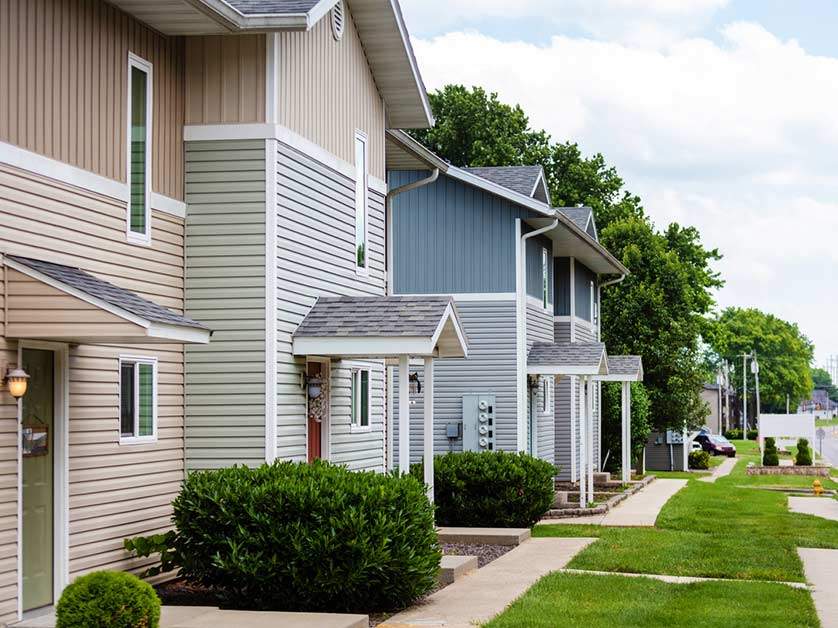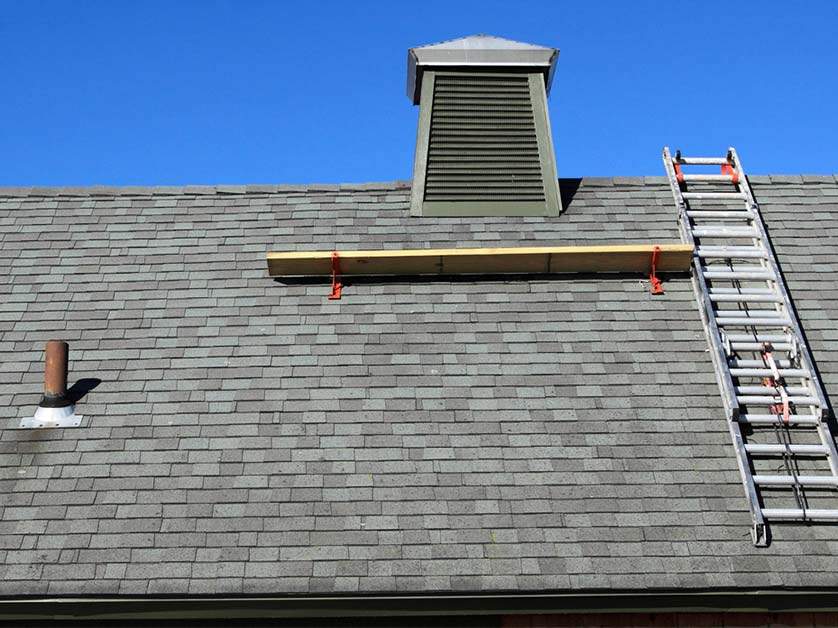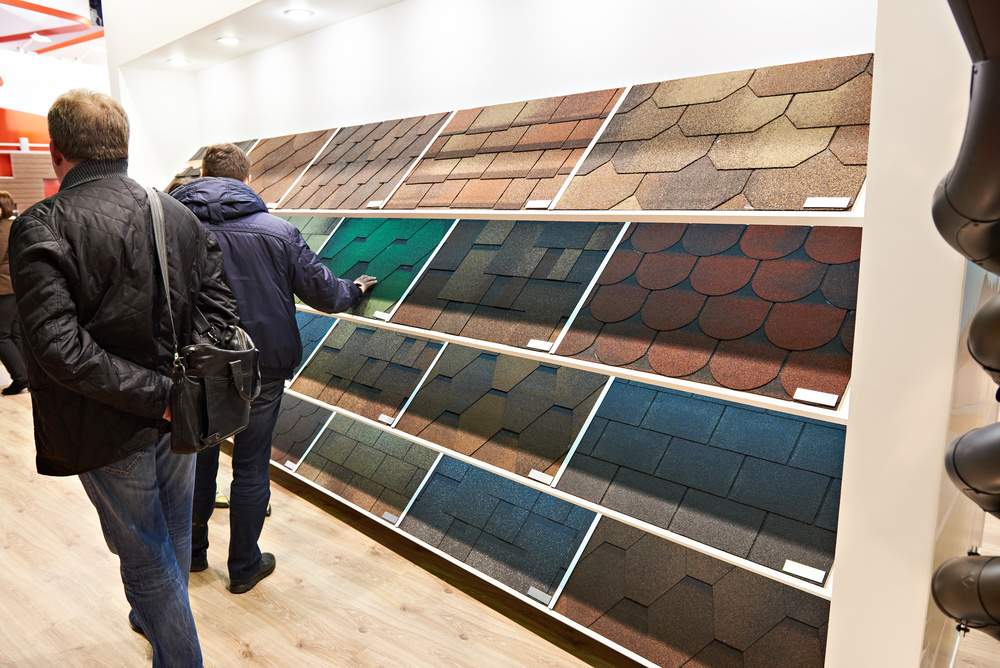The quality of the water you use for washing your windows matters. While hard water is ideal for drinking, it doesn’t work as well for cleaning your windows. However, various methods can be used to alter the quality of water and make it perfect for the task.

Water Quality
The quality of water depends on its chemical, biological and physical composition. Bacteria, viruses, salts and pesticides are usually found in untreated water. Water quality is tested using indicators, such as pH, color, taste, odor and alkalinity. Testers also look for bacteria, metals and organic matter in the water. Government agencies limit the level of contamination in drinking water, but they still allow certain amounts of contaminants in tap water.
What’s the Problem With Hard Water?
Total dissolved solids (TDS) are organic and inorganic components in water. Increased levels of TDS can result in streaks and spots on the window glass. TDS levels are measured at 20 parts per million (ppm). To ensure streak-free and spotless windows, the water quality must be not more than 20 ppm.
TDS can increase the hardness of water, making it inefficient for window cleaning. High levels of magnesium and calcium can make soap and cleaning solutions less effective. Also, hard deposits can build up in your windows.
Moreover, removing these minerals or softening the water can make water more effective for window cleaning. With soft water, you don’t have to use as much soap to thoroughly clean your windows. Streaks or spots won’t form on the windows. Also, without a buildup of deposits, your units will last longer.
For quality window installation services, choose Twin Cities Siding and Roofing. You can also count on us for your siding repair and replacement. Give us a call at (651) 571-9557, or fill out our contact form to get a free estimate. We serve clients in Twin Cities and the surrounding areas.





